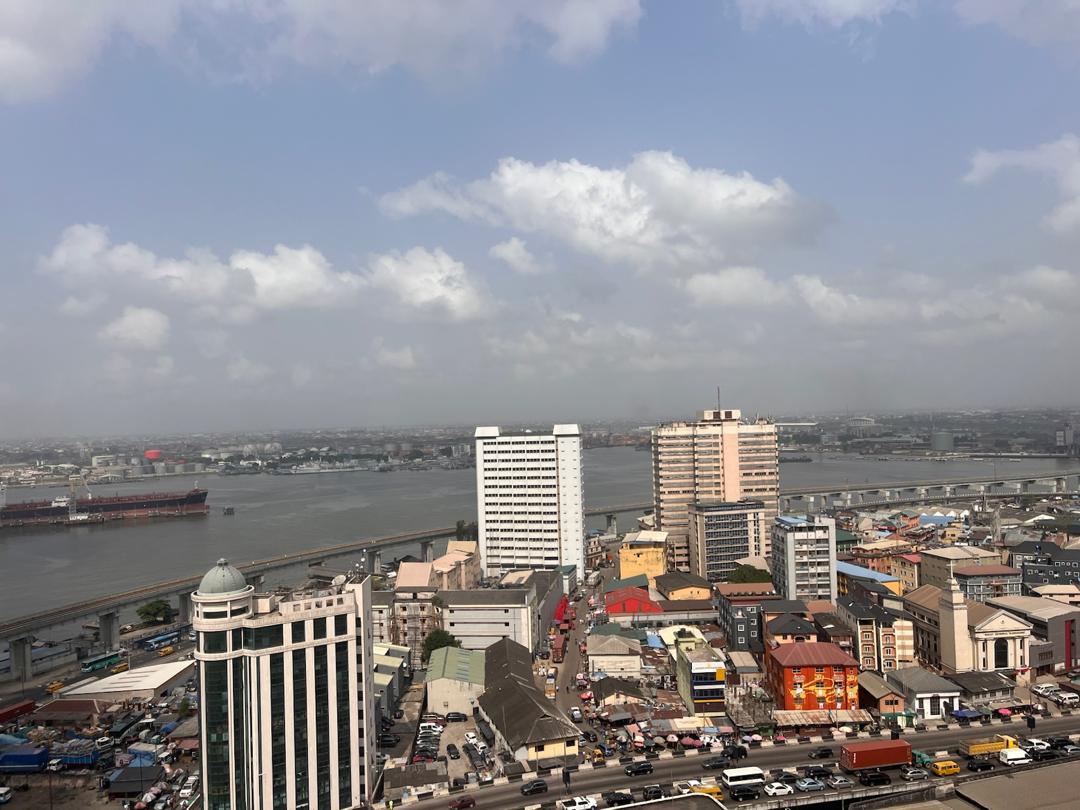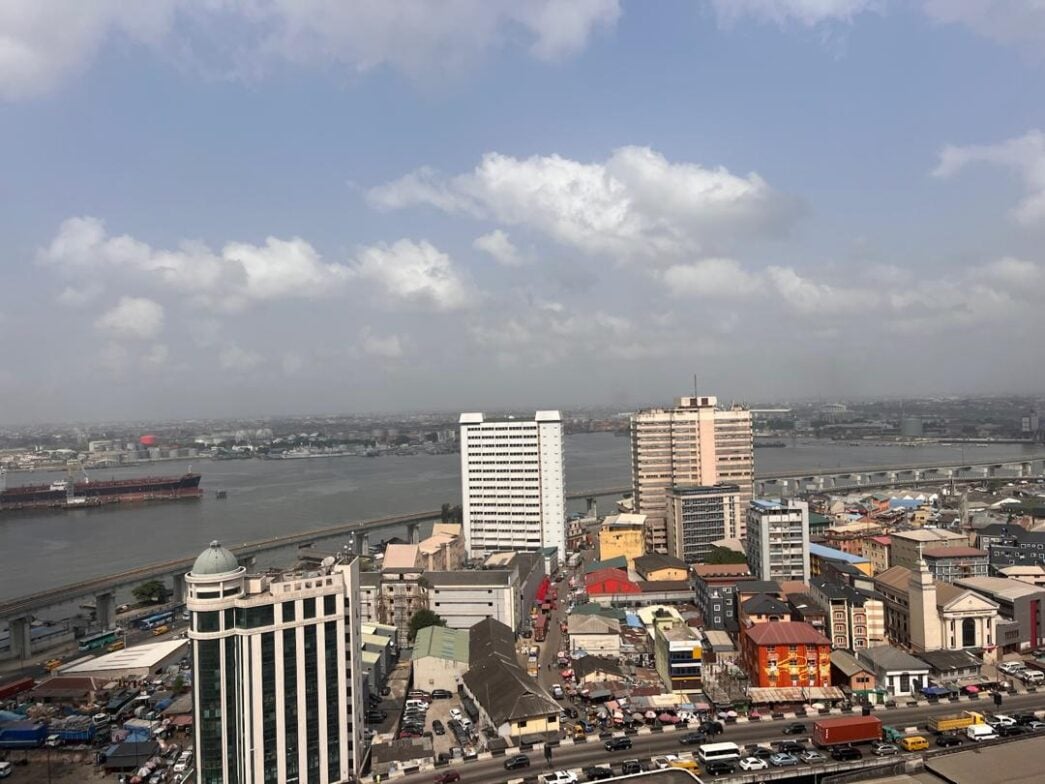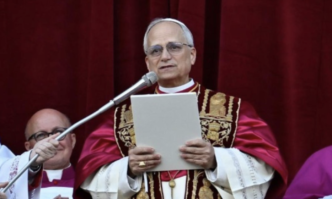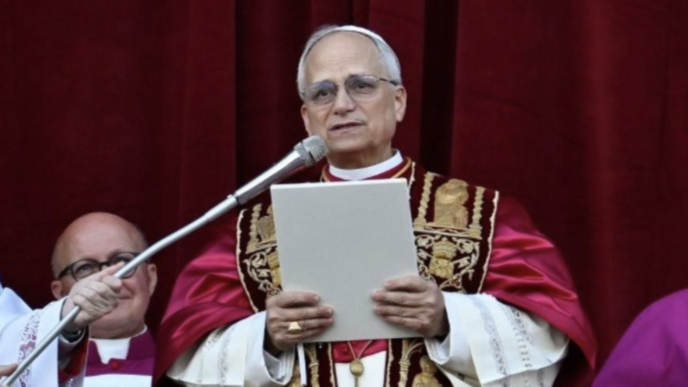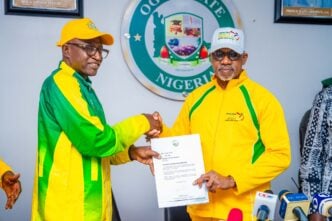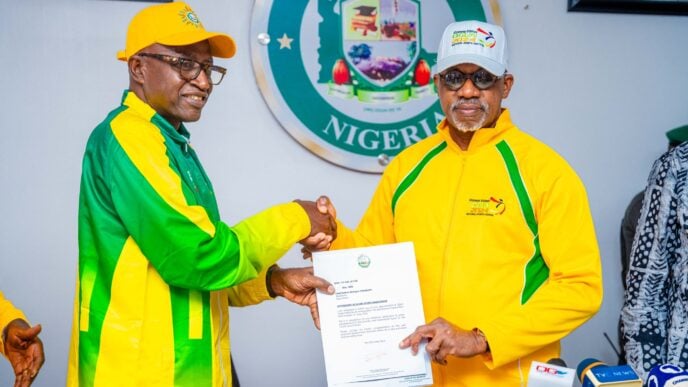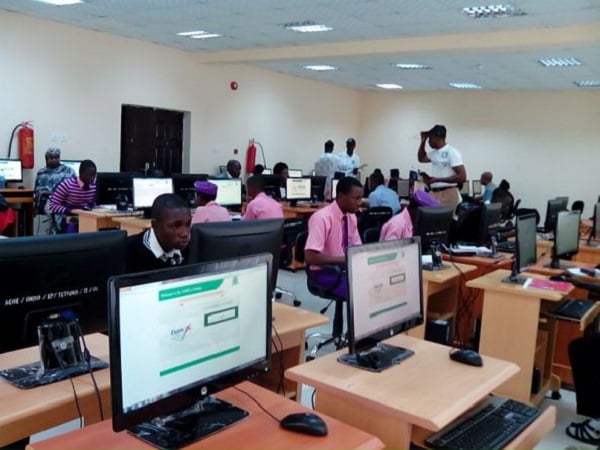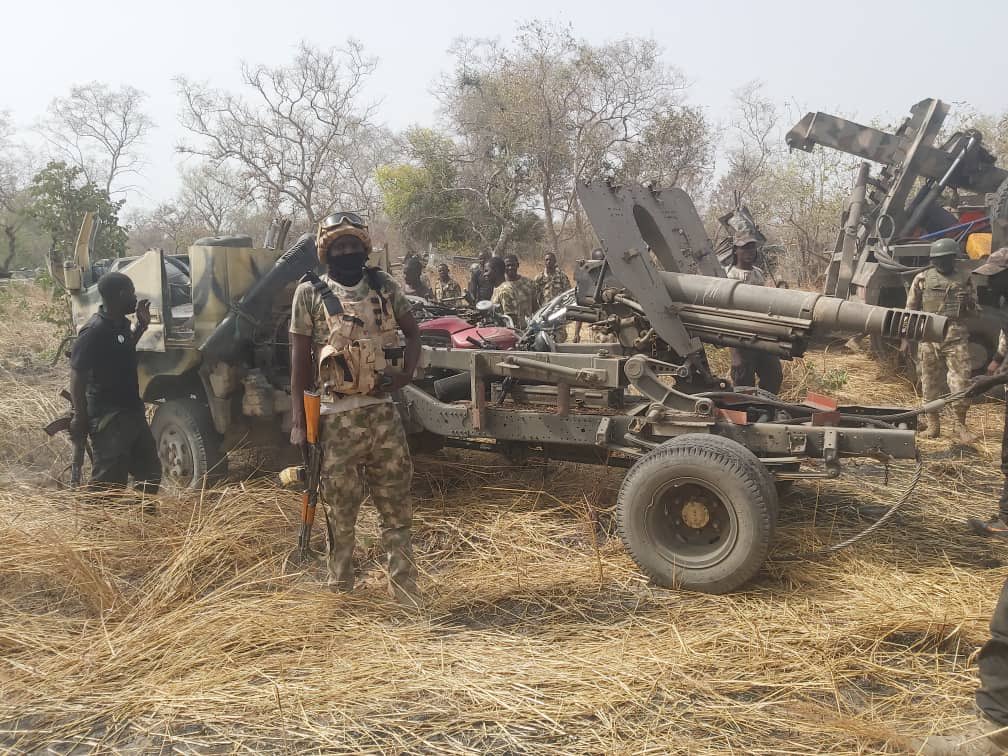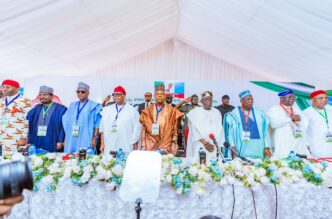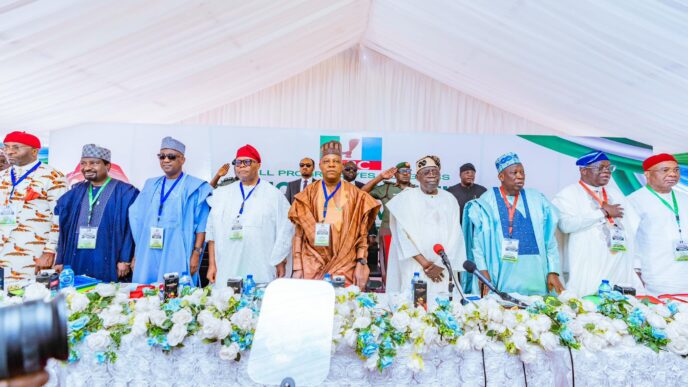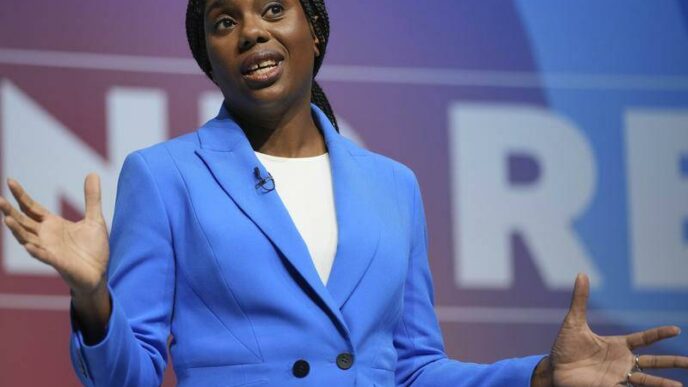Many may be wondering, what has Venezuelan oil and “secondary” tariffs imposed on this country by the Trump administration got to do with Nigeria – it has a lot to do with it. I must say nonetheless, that making mistakes may be a useful learning chance – and it actually is if the lessons are keenly appropriated and internalised. Nevertheless, it is vital that as a country, we are smart enough to learn from the mistakes or experiences of other countries to avoid the same pitfalls such countries have found themselves in order to better our lot. It should not be the other way round, where others obtain valuable lessons from our mistakes, which oftentimes are avoidable errors.
Though a country in Latin America, Venezuela – home to the globe’s biggest proven oil reserves – estimated to be about 303 billion barrels (17 per cent of the world’s reserves) and about 40 billion higher than OPEC’s biggest player; Saudi Arabia, shares quite a bit of troubling similarities with Nigeria especially on the socioeconomic landscape – with all the causes of the Venezuelan economic crisis evident in the Nigeria state. Drawing a parallel between both countries, there is a shared characteristic in being petrostates – oil-producing nations where oil has been their mainstay for years. It is estimated that about 95 per cent of Venezuelan government revenues come from this sector. While the percentage may not be as high as that in Nigeria, it must be emphasised that just like Venezuela, the contribution of the oil and gas sector to the Nigerian economy is unsustainable and a recipe for serious problems.
Because of their status as petrostates, both countries have been extremely susceptible to what economic experts call the Dutch Disease, where a government cultivates an unhealthy reliance on exporting natural resources to the disadvantage of other sectors of the economy. Typically, a rise in a natural resource attracts massive foreign capital inflows, leading to appreciation in domestic currency, making exports more expensive in global markets, and ultimately pushing the country to focus on lifting imports since they will be comparatively cheaper.
Venezuela, much like Nigeria, can rightly be a case study of the dangers and, possibly, threats of assuming the status of a petrostate – a rare gift from God which the likes of China wish it has, which invariably has turned these two countries into mono-product economies, driving the once-booming economies back in the days aground due to widespread corruption and poor governance.
Advertisement
There has been a vast media blitz, all feeding a media frenzy showcasing the numerous stormy discussions that are ongoing all over the place, because of the decisions Donald Trump has had to take over the course of three months or so in office – his fingerprints all over the place. These have enveloped the entire global community in uncertainty. Although the US problem with Venezuela didn’t start in Trump second presidency – it in fact commenced with its socialist leader, Hugo Chavez, who had very strong ties with communist China, yet many think Trump is taking the rift to a whole new level. Venezuela’s economic woes have a lot of complex issues, which have exceeded people’s expectations. If the Latin America region were told 4-5 decades ago that the country adjudged by different economic metrics as one of the wealthiest nations in the region would one day become the poverty capital of the world, it would have been shrugged off – because it was insanely wealthy.
Alas, the country depended on oil and failed to diversify into other sectors like agriculture, manufacturing, etc. It imported virtually everything, down to food, using the massive inflows from oil to pay for them. As oil prices dimmed, it simply meant less and less oil revenues, which crashed the gross external reserves, handicapping its bank regulator as it had very little to run on to achieve monetary policy objectives. Just like Nigeria, the country was forced to turn to the IMF for loans, which came as usual with severe conditions – deregulate and remove all price controls and subsidies, cut welfare to the people and privatise everything – I mean everything. All these frayed the trust between the government and the people as the social inequality widened. The devaluation of its currency, like we have seen over the months in Nigeria, and the continuous reckless government spending on needless items, appeared to be the last straw that broke the camel’s back as it exacerbated the situation, kicking in hyperinflation and an excruciating spike in consumer pricing at a level never seen before.
As a result, the country has gone into a steady spiral of deterioration – incredibly concerning how a once very wealthy nation went bust. This drew the ire of the economically pummelled Venezuelans, provoking massive protests. Many ‘Japaed’ as a result, while those still behind have insufficient access to key essentials of life – food, quality water, medicine, shelter, etc. Seeing its citizens eating from the dumpsters is common – a reminder of a statement credited to the Minister of Transport in the Second Republic, Alhaji Umaru Dikko, that “Nigerians could not have been said to be suffering from poverty because they have not started feeding from the dustbins”. The truth is, many Nigerians are now doing that, perhaps not on the scale of Venezuela.
Advertisement
Talking about his prints everywhere and aggravating its already tense socioeconomic situation, Trump launched a major campaign against Venezuela recently, giving the country a shudder, coming after it from all sides and using every available weapon he could think of due to the resistance of the Venezuelan government to accept deportation flights from America carrying Venezuelan citizens who are claimed to be illegal immigrants in the US. The Trump administration paints a stunning detail of how the Venezuelan government weaponises the Tren De Aragua (TDA) street gang against the US, turning them into “proxy actors” unleashing mayhem and to carry out assassination plots against certain US citizens, especially those of Venezuelan descent on American soil who are critical of the current political leadership in Venezuela.
Not long ago, Trump announced a “secondary” tariff of 25 per cent on Venezuela, meaning any country that patronises the Venezuelan oil and gas would be forced to pay this amount of tariff to the US on any trade transaction the US does with the country. Not sure about China, but many of Venezuela’s trade partners know the full implications of this policy pronouncement on their respective economies and may have stopped business. It looks like Trump is doing everything to flick off Venezuela like a fly and rub its face in the mud. His main objective, which is perhaps geared towards achieving America’s long-term goal in this country, is to get the leader to submit by all means, a move his opponents view as a subtle infringement on the sovereignty of a fellow country.
To the opposition, while the TDA street gang has its origin from Venezuela and may have committed gravely heinous crimes in the US, that didn’t make the fact that Venezuela has a sovereign and independent political leadership any less true. Also, it appears as they claim that Trump is treating the country, and literally the entire globe, as if he had a potential axe to grind.
The economic survival of this struggling country hangs in the balance. Its economy is already taking a major hit, potentially worsening the already critical economic problems it has been grappling with for some years now. The various accounts of deeply corruptive activities where many of its corrupt officials have been able to keep well out of sight, causing its ordinary citizens to eke out a survival on handouts, may grow increasingly worse in the coming months.
Advertisement
The Venezuelan economic crisis offers important lessons for Nigeria, a fellow petrostate. Our government must not be under the illusion that the economic misery of Venezuela being made worse by Trump’s sanctions didn’t count much and that it is practically impossible we experience similar fate. As they typically say, “Never say never” as unexpected possibilities may arise especially if we continue to be economically lacklustre and refuse to decisively deal with all the social and systemic issues that could lead to an economic meltdown. Our government must just be prepared for right about anything and it will be unwise for our economic handlers to thumb their noses at the Venezuelan dilemma and refuse to learn a thing or two from their probable severe economic impasse.
Equally, it will be foolhardy for Nigeria to completely rule out being fired this kind of bazooka in the mould of the secondary tariffs slammed on Venezuela given the unpredictability of the leader of the free world reaching the high heavens. The Tinubu administration must therefore be cautious and exercise extreme restraint in its dealings with the US, and not expect that Trump’s America would continue to lay things out fair and square as we are accustomed to as far as our age-long bilateral and diplomatic relationship with the US is concerned.
This position, in my opinion, was further echoed by the renowned diplomat and professor of political science, Bolaji Akinyemi, who was quoted to have asked President Bola Tinubu during an interview on Channels Television on January 20, 2025, to “avoid confrontation with the newly sworn-in 47th President of the United States, Donald Trump”. Akinyemi further said: “If I were President Tinubu, I would try to steer clear of antagonising Trump because there is nothing a bully likes better than taking on people who are not too strong enough to resist him.”
While the Tinubu administration should continue to engage in international collaboration, seeking to maintain and improve her relationship with the US and other countries, it is necessary not to lose sight of the Venezuelan ills with a resolve to urgently correcting all the wrongs for Nigeria, so that we do not end up in the same place. We cannot, like Venezuela, continue to have oil and gas as our mainstay – with the inherent frightening concentration risks, and must truly, in the real sense of it, diversify our economy to other sectors, especially the SMEs, agriculture, etc, to stimulate domestic manufacturing.
Advertisement
We must re-industrialise to bring back all the manufacturing jobs lost decades ago as a result of the SAP-induced economic policies. This essentially will shore up our revenue profiles, which will ride on the back of the newly passed tax reform bills by the National Assembly. I believe it would take Nigeria in an entirely different positive direction if this administration improves efficiency in government.
Sadly, at the moment, it just seems like it is all part of an organised routine or structure for one government after the other to cycle back, emphasising what has now turned into political balderdash – same old rhetoric of economic diversification which ends up in a no-show when it comes down to translating into real actionable milestones. The president needs to move the needle as it has shown with a slew of his bullish policies – a few took Nigerians by storm, take concrete steps to diminish our dependence on oil and gas revenues where many governments, especially at subnational levels, have become so lazy and robotic – lacking creativity, flexibility and inspiration to grow their economies outside of the oil money shared at the centre: a ticking time bomb capable of exploding and causing dangerous harm.
Advertisement
Moreover, this government must demonstrate to all Nigerians that it is serious about fighting corruption and must steer Nigeria out of the murky waters of the scourge. The more we learn about these corruption cases, many of which have been reported to have spiralled out of proportion, the uglier and scarier it gets. The attitude of this administration must be crystal clear: a new sheriff who truly understands that corruption undermines our economic security which, overall, has the capability to fracture our national security – unprepared to tolerate corruption in any form or shade and making monumental investments in our public institutions to combat it. This could be the springboard those public agencies that are saddled with fighting corruption could latch on.
There are mounting calls for government officials to hold themselves accountable to the same standards as ordinary Nigerians, a case of the watchdog now being watched, and until this is done, we are not likely to experience any meaningful change and those regulatory institutions whose responsibility is to rein in corrupt practices and bring to book those perpetrators – running roughshod with ordinary Nigerians, would continue to act as if they have nothing to work on.
Advertisement
Both Nigeria and Venezuela can learn priceless lessons from Norway, another petrostate on resource administration and diversification – investing in a bouquet of sectors, leading to the improvement in the standard of living of Norwegians. With an estimated oil reserves of 8 billion barrels, compared with 38 billion barrels and 303 billion barrels for Nigeria and Venezuela respectively, Norway, in the fiscal years 2023-2024, earned a total revenue from oil and gas of about 195 billion dollars, compared to 32 billion dollars and 115 billion dollars earned by Venezuela and Nigeria respectively from the same resource in the same fiscal years.
It is therefore no surprise that Norway’s gross external reserves is estimated at 79 billion dollars, way higher than Nigeria’s and Venezuela’s currently assessed at 39 billion dollars and 10 billion dollars respectively. With Venezuela’s age-long economic catastrophe and the Trump-treatment, Nigeria, on your toes!This is a clarion call for our policymakers to pay profound attention and do the needful very fast to mitigate this likely existential risk.
Advertisement
As Steve Harvey, the American comedian and television host, was quoted to have said concerning his insights on the UAE phenomenal development: “Money doesn’t produce vision, vision produces money.” This cannot be truer for our dear country, Nigeria. To put a stop to the continuous clobbering, Nigeria needs visionary and purposeful leaders. Thinkers with flawless integrity. Nigerians expect this administration to prevent the situation from coming to a boil and for President Tinubu to demonstrate hands-on performance in leadership and governance, and hand Nigerians a country that will not in any shape or semblance look like the Venezuelan experience: From riches to rags.
Ande, a financial and political economy analyst, writes from Lagos and can be reached via [email protected]
Views expressed by contributors are strictly personal and not of TheCable.

